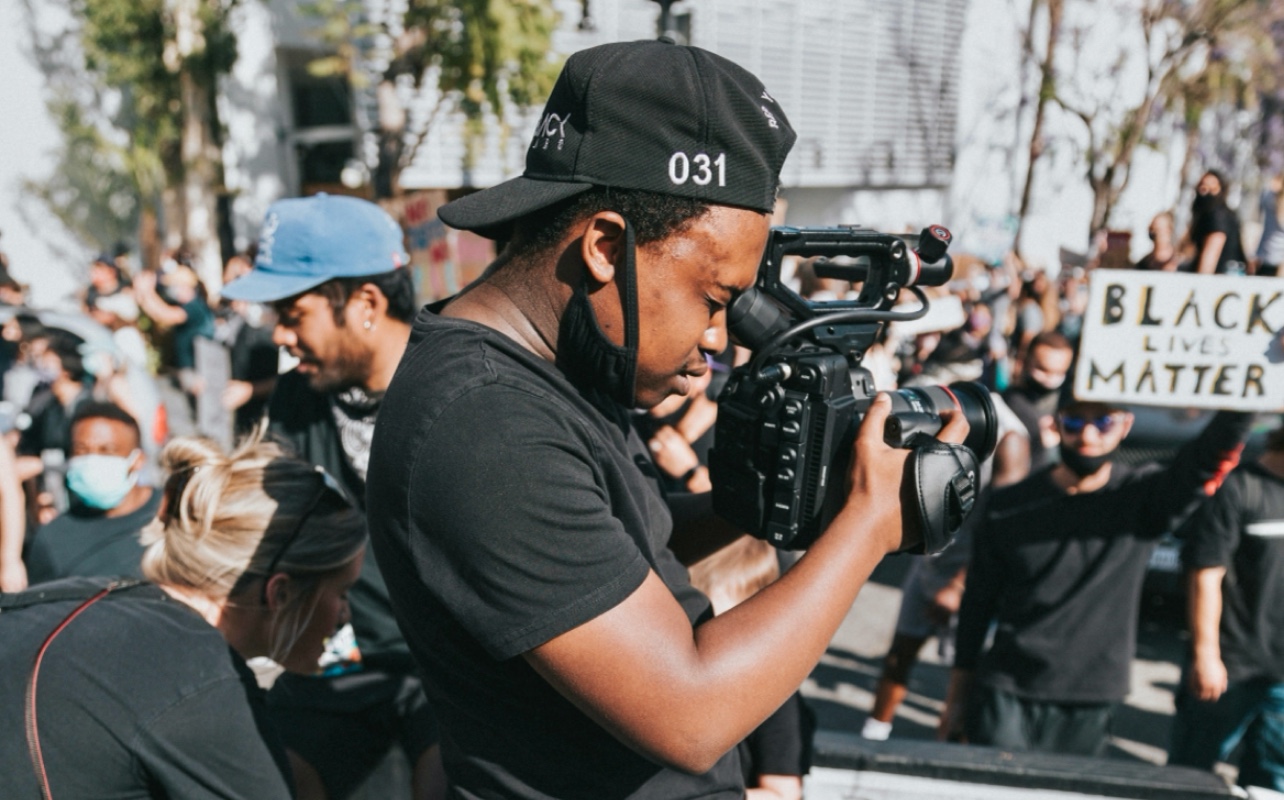
June 3, 2024
Black Journalists Therapy Relief Fund Helps Frontline Reporters Stay Sane
Inside the Black Journalist Therapy Relief Fund's way of supporting Black journalists on the front lines of racial injustice reporting.
Too often we read about the racial injustice plaguing Americans nationwide without much thought of the Black journalists behind the story who often overlook their own trauma for the sake of covering the story.
It’s part of the reason why journalist Sonia Weiser founded the Black Journalist Therapy Relief Fund in May 2020 to support the Black journalists on the front lines of racial injustice reporting who don’t have the funds to afford mental health treatment. At the height of widespread racial unrest following the murder of George Floyd, many Black journalists were tasked with providing unbiased reporting on the nationwide upset, often with little to no resources for processing the trauma brought on from the job and in daily life.
“Black journalists, like nurses or psychotherapists or anyone else who regularly hears or views trauma narratives, may experience vicarious trauma, or distress that stems from repeated exposure to the trauma of others,” Robin D. Stone, a licensed mental health counselor specializing in trauma-informed treatment told The New York Times in July 2020.
“They may feel especially vulnerable that the person on the respirator or in the violent video could be them or someone they love.”
There are many who also feel misrepresented in the workplace with the American Society of News Editors (ASNE) citing how Black journalists make up only 6.56% of newsroom staff and leadership nationwide. Weiser, a white journalist, launched the Black Journalists Therapy Relief Fund (BJTRF) by way of a GoFundMe she created in response to the outpouring of media outlets looking for Black writers to cover stories about racial violence and protests over the killing of George Floyd.
“It just felt rude and disrespectful to put the onus on Black journalists, especially when so much of the trauma incurred in the industry is because of white employers,” she said.
After launching the GoFundMe, donations quickly surpassed the $20,000 goal, reaching $32,000 within 48 hours. Within 30 days, Weiser raised over $70,000. Soon after, BJTRF partnered with the International Women’s Media Foundation (IWMF) to broaden the Fund’s reach and continue supporting Black journalists of all genders, ages, experience levels, and backgrounds.
Together with IWMF, the Fund provided microgrants to 84 applicants in 2020, with most lacking health insurance to cover mental health expenses. Thanks to the relief, journalists like Natelegé Whaley were able to start seeing a therapist twice a week for six months.
“Even though you’re getting paid, it really puts us in a vulnerable position while the company profits off the work that requires immense emotional and mental labor,” Whaley said.
“Yes, the stories need to be told. But no one is really thinking about whether Black freelancers have the resources they need to stay sane during this time.”
Those interested in donating to the Black Journalists Therapy Relief Fund can do so HERE. Those interested in applying can click HERE.
RELATED CONTENT: Therapists Making More Money Through TikTok Therapy